Welcome to our article on social sustainability in construction. The construction industry plays a critical role in shaping our communities and the environment. It is essential to ensure that construction projects are socially sustainable, which means that they not only fulfill functional and economic objectives but also have a positive impact on communities and workers involved.
In this article, we will delve into the concept of social sustainability in construction, with a particular focus on the importance of worker safety and wellbeing. We will explore sustainable construction trends, ethical considerations, best practices, and challenges, along with innovations and advancements in the industry.
Key Takeaways:
- Social sustainability in construction prioritizes worker safety and wellbeing along with the social impact of construction projects.
- Construction companies have ethical responsibilities to create a safe and healthy working environment for construction workers while engaging communities in their projects.
- Sustainable construction practices, tools, and certifications promote social sustainability in the construction industry.
Understanding Social Sustainability in Construction
Social sustainability in construction is a concept that involves considering the social impact of construction projects. It emphasizes the importance of creating safe and healthy working environments for workers, engaging local communities, and adhering to ethical practices. By prioritizing worker safety, worker well-being, community engagement, and ethical considerations, construction projects can have a positive impact on communities and contribute to the building of a sustainable future.
Construction projects impact not only the built environment but also the communities in which they are built. Social sustainability requires taking this impact into account and ensuring that construction projects benefit the communities they serve. It involves understanding the needs and perspectives of local communities, consulting them throughout the project’s lifecycle, and striving for equitable outcomes for all stakeholders involved.
Social sustainability also involves considering the social implications of construction practices. This includes fair labor practices, anti-corruption measures, responsible sourcing of materials, and reducing waste and environmental impact. Sustainable construction practices aim to create a future that is not only environmentally viable but socially just.

While the concept of social sustainability in construction has been gaining traction in recent years, there is still much progress to be made. By understanding the meaning and importance of social sustainability in construction, we can work towards building a better future for all.
Prioritizing Worker Safety in Construction
Worker safety is a fundamental aspect of social sustainability in construction. As construction professionals, it is our ethical responsibility to create a safe and healthy working environment for all workers. This not only benefits workers, but also contributes to the overall social impact of construction projects.
One of the key challenges in prioritizing worker safety is the prevalence of accidents and injuries in the construction industry. In fact, construction workers are at a higher risk of work-related fatalities than any other industry, according to the Health and Safety Executive (HSE). This highlights the urgent need for action to improve safety standards in construction.
Construction companies can address this by implementing proactive safety measures such as providing workers with the necessary safety equipment and proper training. It is also important to conduct regular risk assessments and address any safety concerns immediately. By prioritizing worker safety, construction companies can create a positive and socially responsible reputation, leading to increased investor and public trust.

Providing workers with the necessary safety equipment and proper training is an important aspect of prioritizing worker safety.
Enhancing Worker Wellbeing in Construction
Worker wellbeing is an essential element of social sustainability in construction. Sustainable construction trends show a growing emphasis on promoting the physical and mental health of workers, benefitting not only the workers themselves but also the construction projects they are involved in. It is essential to create a working environment that prioritizes worker safety, health, and happiness.
One approach to enhancing worker wellbeing is through ergonomic design. Ergonomics involves designing workstations, tools, and equipment that take into account the physical capabilities and limitations of workers, reducing the risk of injuries, and promoting long-term health. For example, ergonomic design can reduce musculoskeletal disorders, which account for about one-third of work-related injuries.
| Benefits of promoting worker wellbeing |
Examples of sustainable construction trends |
- Improved productivity
- Reduced absenteeism
- Lower healthcare costs
- Gains in employee morale and job satisfaction
|
- Green roofs and walls that improve air quality and reduce noise pollution
- Natural daylight and access to outdoor spaces to promote mental health and wellbeing
- Healthy food options and cooking facilities to promote healthy eating habits
|
Companies can promote worker wellbeing by providing training programs, mental health support services, and access to fitness facilities. Sustainable construction projects can also incorporate elements that promote worker wellbeing, such as healthy food options and adequate break rooms. Investment in worker wellbeing not only makes business sense but is also an ethical obligation to workers.
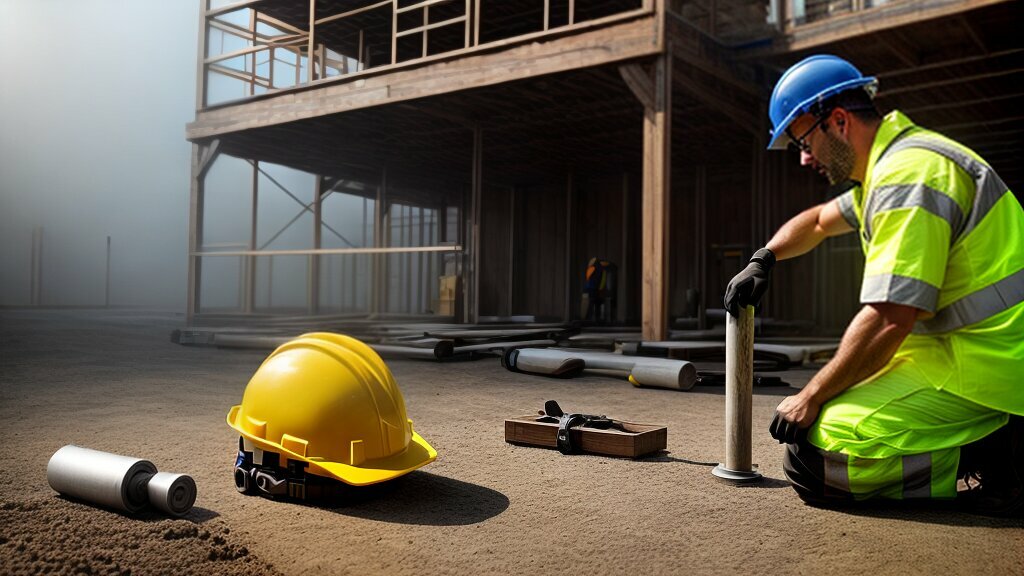
“Promoting worker wellbeing is not only the right thing to do, but it also has significant benefits for workers and construction projects.”
Engaging Communities in Construction Projects
Engaging with local communities is a key aspect of socially sustainable construction. When construction projects are developed without considering the needs and concerns of the community, they can have a negative impact on the local area.
Community engagement involves consulting with local residents to ensure that their voices are heard and their opinions are taken into account. It also involves providing information about the project and the impact it may have on the community.
Engaging with communities can help to build trust and create positive relationships between construction companies and local residents. This can lead to a better understanding of the social impact of the project and help to identify ways in which it can benefit the community.
One example of successful community engagement is the redevelopment of the King’s Cross area in London. The project involved extensive consultation with local residents and businesses, which helped to shape the development and ensure that it met the needs of the community. The resulting development has revitalized the area and created new job opportunities for local people.
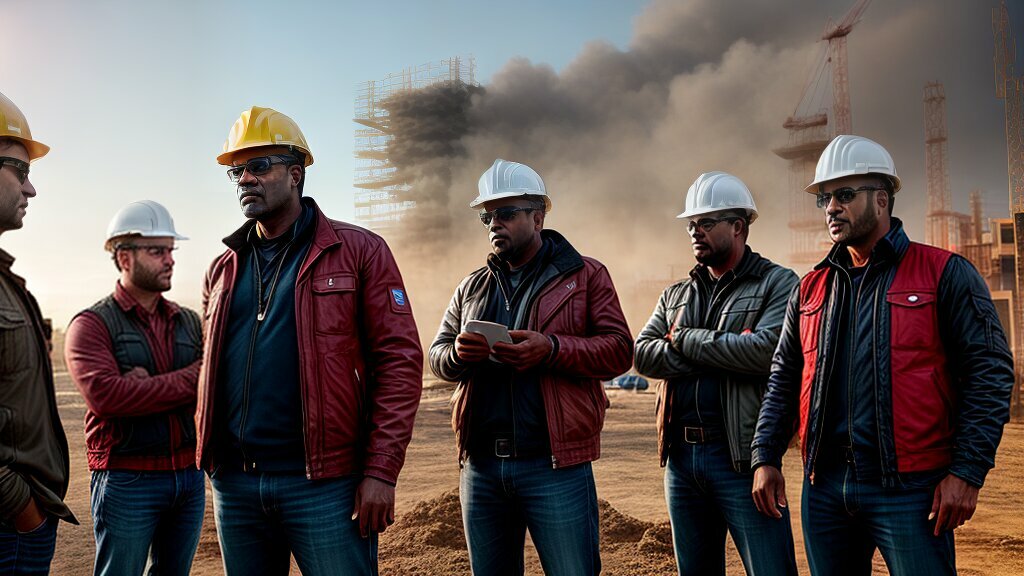
By engaging with communities in this way, socially sustainable construction projects can help to create long-lasting benefits for both construction companies and the communities they serve.
Ethical Considerations in the Construction Industry
As construction companies strive to promote social sustainability in their practices, it’s essential to consider the ethical implications of their actions.
Fair Labour Practices
The construction industry has a responsibility to ensure that workers are treated fairly and with respect. This includes providing fair wages, safe working conditions, and opportunities for career advancement. Companies should also ensure that their workers are not subject to discrimination, harassment, or exploitation.
To ensure fair labor practices, construction companies can implement HR policies that promote diversity, inclusion, and equal opportunities. Companies can also audit their supply chains to ensure that their suppliers also uphold fair labor practices.
Anti-Corruption Measures
Corruption can have a devastating impact on construction projects, leading to cost overruns, delays, and subpar workmanship. Companies must implement anti-corruption measures to ensure that their projects are completed fairly and transparently.
Anti-corruption measures may include establishing codes of conduct, providing training to employees, and implementing whistleblower policies. Companies may also work with independent auditors to ensure compliance with anti-corruption guidelines.
Responsible Sourcing of Materials
The construction industry is a major consumer of natural resources, making it essential to source materials sustainably and responsibly. Companies can ensure responsible sourcing by working with suppliers that follow sustainable practices and certifications.
For example, companies can source FSC-certified wood, which is harvested using sustainable practices that protect the environment. They can also use recycled materials to reduce waste and conserve resources.
By prioritizing ethical considerations in their practices, construction companies can promote social sustainability and make a positive impact on communities and the environment.
Image source: 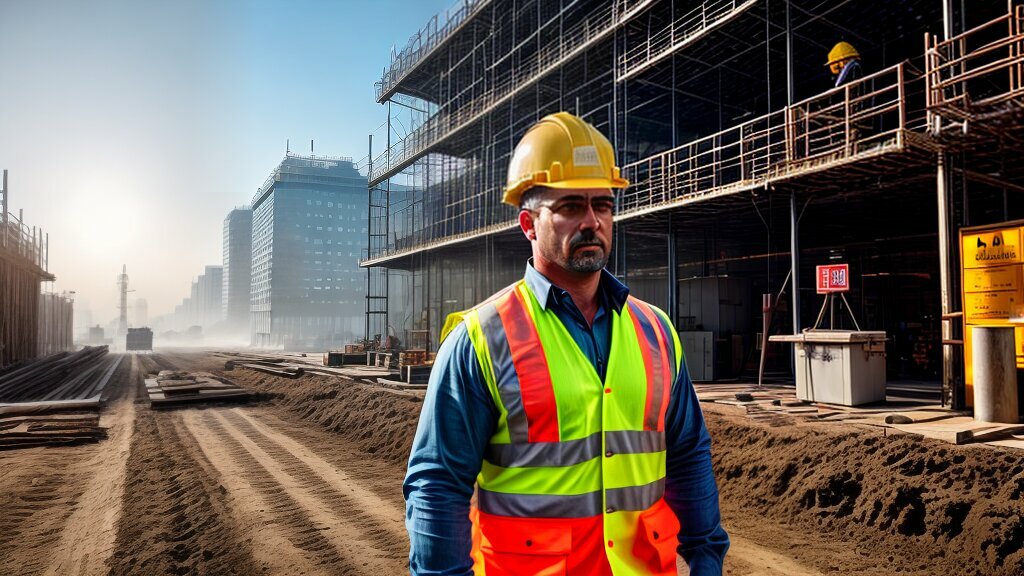
Sustainable Construction Innovations
Advancements in sustainable construction are constantly changing the landscape of the industry. Developers, architects, and engineers are coming up with innovative solutions to tackle challenges such as climate change, resource depletion, and environmental degradation. Here are some of the latest trends in sustainable construction:
- Green Building Materials: Sustainable building materials like bamboo, straw, and recycled plastic are gaining popularity due to their durability and low environmental impact. These materials can reduce the carbon footprint of a building while improving its insulation and humidity control.
- Energy-Efficient Designs: Smart home technology and energy-efficient designs are becoming commonplace in new construction projects. These designs aim to reduce energy consumption and carbon emissions through features such as solar panels, wind turbines, and rainwater harvesting systems.
- Waste Reduction and Recycling: Construction waste is a significant challenge for the industry, but sustainable construction seeks to minimize it. Recycling of construction waste, reusing materials, and reducing waste through careful planning are examples of sustainable construction practices.
- Modular Construction: Modular construction involves fabricating building components offsite and then assembling them on location. It can reduce construction time and waste, as well as improve worker safety and building quality.
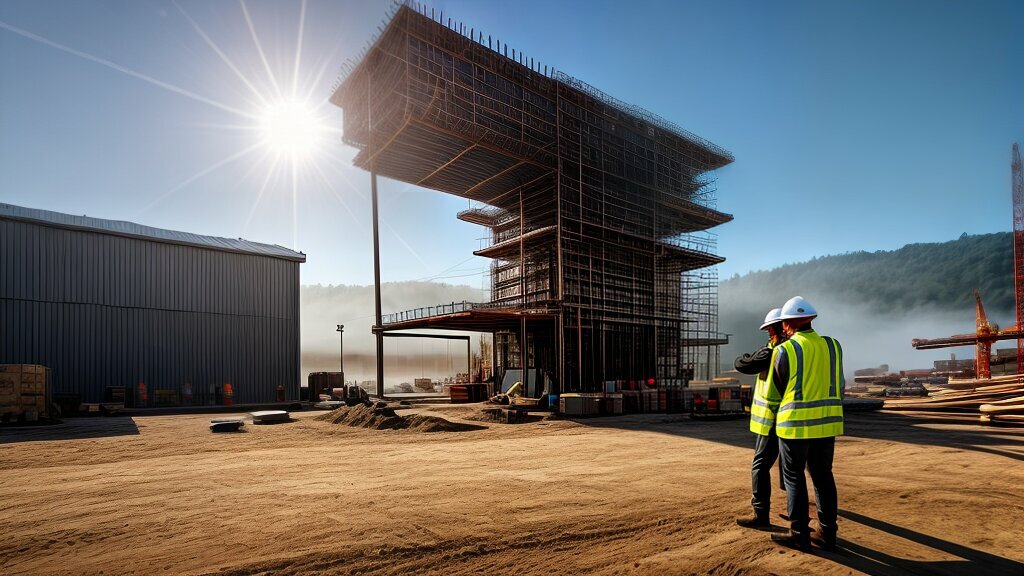
“Sustainable construction is a key driver of innovation in the industry. Developers and engineers are constantly exploring new ways to design and build structures that are both environmentally friendly and socially responsible.”
The use of sustainable construction practices can have a profound impact on the environment and our communities. It is essential that the industry continually explores innovative technologies and materials to build for the future.
The Positive Impact of Socially Sustainable Construction
Building sustainably isn’t just good for the environment, it can also have a positive impact on communities. Socially sustainable construction practices can improve living conditions, create job opportunities, and contribute to the overall development of local areas.
One example of socially sustainable construction is the Sycamore View housing development in Memphis, Tennessee. The development was designed to provide affordable, energy-efficient homes for low-income families. The project was a collaboration between community organizations and private developers, and it has revitalized the surrounding neighborhood, attracting new businesses and residents.
Another example is the Bosco Verticale in Milan, Italy. This residential tower features a unique design that incorporates thousands of trees and shrubs, providing a green oasis in one of Europe’s busiest cities. The project has won numerous awards and has become a symbol of sustainable urban development.

By prioritizing social sustainability, construction projects can have a lasting, positive impact on communities. These projects not only benefit current residents but also provide a foundation for future development and growth.
Implementing Social Sustainability: Best Practices
Implementing social sustainability in construction projects requires a concerted effort and a commitment to responsible practices. While the process can be challenging, there are many best practices that can be followed to ensure that construction projects have a positive impact on workers, communities, and the environment.
Sustainable Construction Certifications
There are several certifications available to construction professionals that can help guide sustainable construction practices. These certifications, such as LEED, BREEAM, and WELL, provide guidelines and metrics to assess the environmental and social impact of construction projects. By following the guidelines set out by these certifications, construction companies can ensure they are adhering to best practices and meeting industry standards for sustainability.
Collaboration with Local Communities
Engaging local communities in the planning and execution of construction projects is essential for socially sustainable practices. By working with community leaders and involving residents in the decision-making process, construction companies can ensure that their projects align with the needs and values of the local area. This approach can also help to build trust and foster positive relationships between the construction industry and the communities it serves.
Green Building Materials
Using sustainable and eco-friendly building materials is a crucial aspect of socially sustainable construction. Building materials that are recycled, locally sourced, or have a low carbon footprint can greatly reduce the environmental impact of construction projects. Additionally, using energy-efficient building materials can help to create a healthier and more comfortable living environment for occupants, contributing to their overall wellbeing.
Worker Training and Education
Providing training and education programs for construction workers is another crucial element of socially sustainable construction. By investing in worker training and development, construction companies can create a skilled workforce that prioritizes safety, ethics, and environmentally responsible practices. This approach can lead to a more productive and engaged workforce, which ultimately benefits the construction industry and society as a whole.
Implementing socially sustainable practices in construction is a necessary step towards building a better future. By prioritizing worker safety and wellbeing, community engagement, and ethical practices, construction companies can create projects that have a positive impact on society and the environment. Let us all work together towards creating a better and more sustainable future for all.
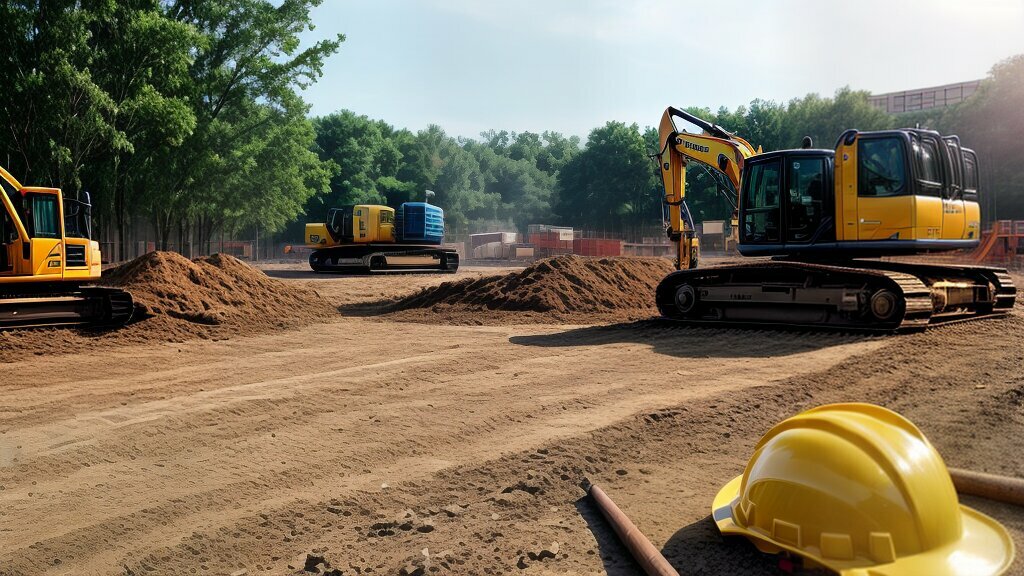
Prioritizing Worker Safety in Construction
Worker safety is a fundamental aspect of social sustainability in construction. As the International Labour Organization notes, “safety at work is a fundamental right of every worker.”
Construction companies must prioritize worker safety by providing a safe and healthy working environment and adhering to ethical labour practices. This includes ensuring that workers have access to appropriate safety equipment and training, as well as monitoring and addressing workplace hazards. Implementing safety protocols and procedures is essential in preventing accidents, injuries, and fatalities on construction sites.
| Benefits of prioritizing worker safety |
| 1. Improved worker morale and productivity. When workers feel safe and valued, they are more likely to work efficiently and effectively. |
| 2. Reduced costs and liabilities. By preventing accidents and injuries, construction companies can avoid costly legal battles, medical bills, and repairs. |
| 3. Enhanced reputation and trust. Prioritizing worker safety demonstrates social responsibility and ethical behaviour, which can strengthen a company’s reputation and build trust with clients and communities. |
Construction industry ethics and social responsibility must prioritize worker safety, as it is a crucial aspect of creating a socially sustainable construction industry.

The Future of Social Sustainability in Construction
The construction industry is constantly evolving, and this is evident in the emerging trends and technologies that are driving the future of socially sustainable construction. One of the most significant trends is the increased use of renewable energy sources, such as solar and wind power, which can help reduce the carbon footprint of construction projects.
In addition, there is a growing focus on the use of sustainable materials, such as recycled steel and reclaimed wood, which can help reduce waste and promote responsible sourcing. Another emerging trend is the use of 3D printing technology, which can significantly reduce the time and cost required for construction projects.
One of the most exciting areas of development in socially sustainable construction is the integration of smart technology and the Internet of Things (IoT). This can enable construction professionals to collect real-time data on building performance, energy usage, and environmental impact, helping them make informed decisions that promote sustainability.
As the construction industry continues to evolve, it is clear that social sustainability will remain a key priority. By prioritizing worker safety and wellbeing, engaging communities, and promoting responsible, ethical practices, construction professionals can build a better future for all.
Conclusion
Social sustainability in construction is essential to building a better future for all. By prioritizing worker safety and wellbeing, engaging local communities, adhering to ethical considerations, and advancing innovative sustainable practices, the construction industry can have a positive impact on society.
Implementing social sustainability best practices requires collaboration, shared responsibility, and a commitment to continuous improvement. Although challenges may arise, by working together and embracing emerging trends and technologies, we can create construction projects that benefit everyone.
Let’s build for the future with social sustainability in mind.
FAQ
Q: What is social sustainability in construction?
A: Social sustainability in construction refers to the consideration and prioritization of worker safety, wellbeing, and the positive impact on communities in construction projects. It involves creating safe working environments, promoting worker wellbeing, engaging communities, and adhering to ethical practices.
Q: Why is worker safety important in construction?
A: Worker safety is crucial in construction to protect the wellbeing and lives of construction workers. It is the ethical responsibility of the construction industry to provide a safe and healthy working environment for workers. Prioritizing worker safety also enhances productivity and reputation.
Q: How can worker wellbeing be enhanced in construction?
A: Worker wellbeing in construction can be enhanced by implementing sustainable construction trends that prioritize the physical and mental health of workers. This can include promoting work-life balance, providing access to healthcare resources, and fostering a supportive working environment.
Q: Why is community engagement important in construction projects?
A: Community engagement in construction projects is important to ensure that projects benefit the communities they serve. Consulting and involving local communities during the planning and development stages can foster positive relationships, address community concerns, and create long-term benefits.
Q: What ethical considerations should construction companies take into account?
A: Construction companies should consider ethical practices such as fair labor practices, anti-corruption measures, and responsible sourcing of materials. By adhering to ethical standards, construction companies can contribute to social sustainability and build trust with stakeholders.
Q: What are some innovations in sustainable construction?
A: Innovations in sustainable construction include advancements in green building materials, energy-efficient designs, and construction methods that minimize waste and environmental impact. These innovations contribute to social sustainability by reducing resource consumption and promoting environmental stewardship.
Q: What is the positive impact of socially sustainable construction?
A: Socially sustainable construction can have a positive impact on communities by improving living conditions, revitalizing neighborhoods, and creating long-term benefits for society. It contributes to the overall wellbeing and quality of life for individuals and communities.
Q: What are some best practices for implementing social sustainability in construction?
A: Best practices for implementing social sustainability in construction projects include utilizing sustainable construction practices, engaging in community consultation, and obtaining relevant certifications. These practices ensure adherence to social sustainability principles and promote positive social impact.
Q: What are the challenges in socially sustainable construction?
A: Challenges in socially sustainable construction include balancing financial constraints, overcoming resistance to change, and addressing the diverse needs of stakeholders. Collaboration, shared responsibility, and continuous improvement are key to overcoming these challenges.
Q: What is the future of social sustainability in construction?
A: The future of social sustainability in construction will involve emerging trends, technologies, and strategies that prioritize worker safety, wellbeing, and community impact. Continuous improvement and innovation will be essential to meet the evolving needs of society.
















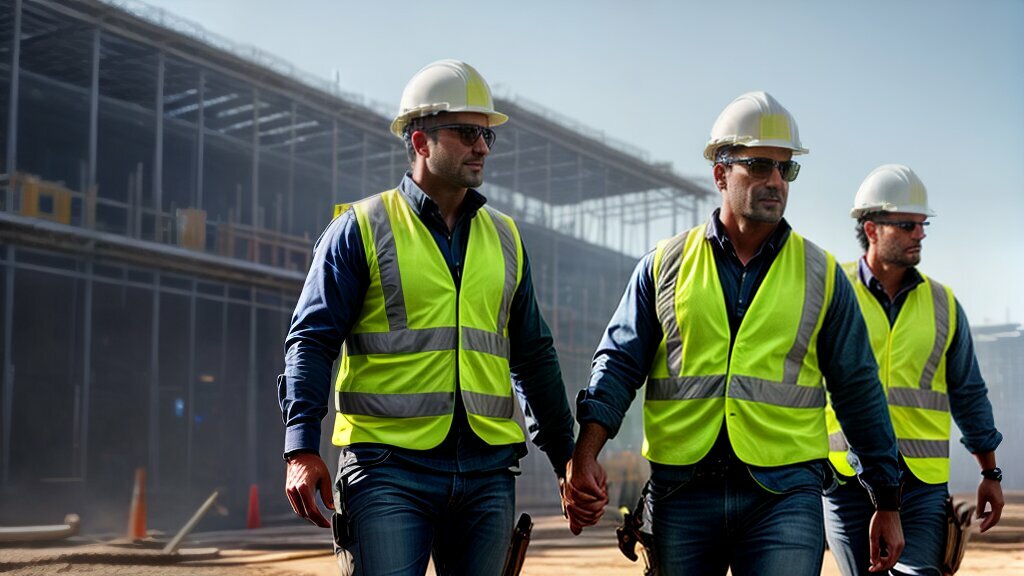











Post comments (0)